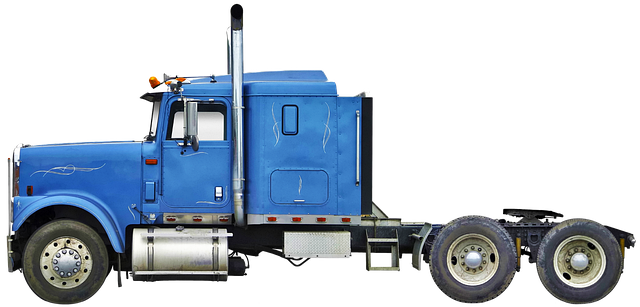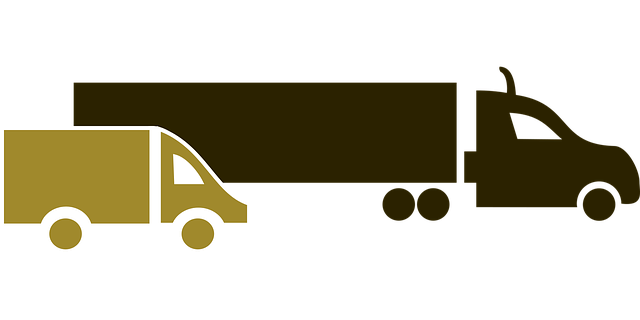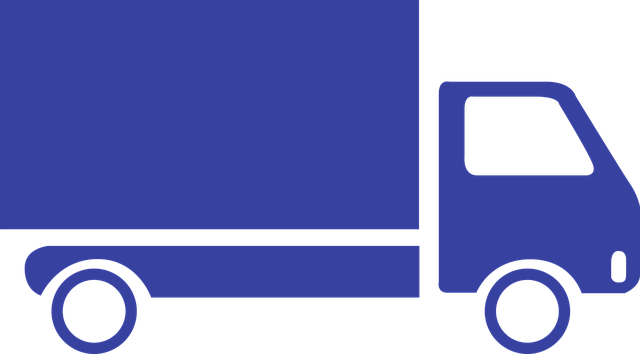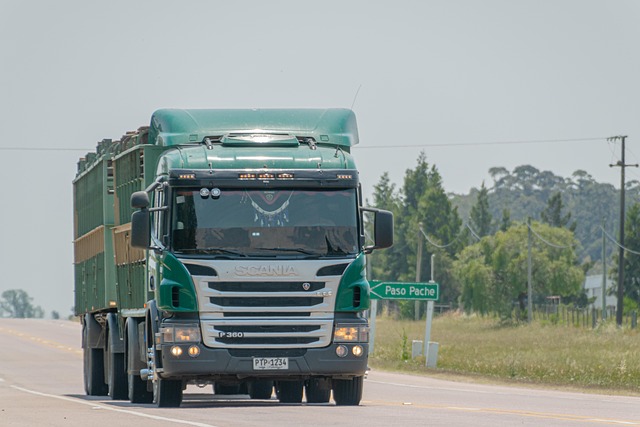Trucking industry owner-operators face unique risks requiring specialized insurance. They should opt for tailored, affordable packages including liability, cargo, and physical damage coverage to mitigate on-road accidents, cargo damage, and legal liabilities. Proactive safety measures like regular vehicle maintenance, along with scalable trucking coverage, ensure protection against claims and financial losses. Tailored insurance solutions offer flexible options for comprehensive yet cost-efficient protection, catering to the unique needs of independent truckers.
In the dynamic world of trucking, where safety is paramount, owner-operators face unique risks on the road. This article guides you through essential strategies to mitigate these dangers. We explore proactive safety measures that can prevent accidents and reduce claims, emphasizing their significance in a competitive industry. Regular maintenance is also crucial; learn how it safeguards both drivers and cargo. Additionally, discover tailored insurance coverage options designed for independent truckers, offering affordable liability and cargo protection, addressing physical damage, and scalable solutions for growing businesses.
Understanding the Unique Risks Faced by Owner-Operators

Owner-operators in the trucking industry face unique risks that demand tailored coverage to mitigate potential losses. Unlike large fleets with dedicated teams, independent truckers often juggle multiple roles—driver, dispatcher, and manager. This increases their exposure to various hazards, from on-the-road accidents and cargo damage to legal liabilities arising from personal injuries or property losses.
Given the inherent risks involved in their operations, securing appropriate insurance is crucial for owner-operators. Affordable yet comprehensive trucking insurance packages that include liability insurance for solo drivers, cargo insurance, and physical damage policies are essential tools for risk management. These tailored coverage options enable owner-operators to scale their protection as their business grows or during seasonal fluctuations, ensuring they remain compliant with legal requirements while safeguarding their financial interests.
Proactive Safety Measures: A Key to Risk Mitigation

Proactive safety measures play a pivotal role in mitigating risks for trucking insurance owner-operators. By adopting a preventive approach, independent truckers can significantly reduce the likelihood and impact of accidents. This involves regular vehicle maintenance to ensure all systems are functioning optimally—from brakes and tires to lighting and safety equipment. Additionally, drivers should familiarize themselves with traffic rules, stay updated on road conditions, and practice defensive driving techniques.
For owner-operators, tailored coverage from reputable insurance providers offers peace of mind. Affordable owner-operator insurance often includes liability insurance for solo drivers, protecting against potential claims arising from accidents or incidents involving cargo. Cargo insurance owner-operators should also consider policies that cover the value of their goods, providing compensation in case of loss or damage during transit. Physical damage policies and scalable trucking coverage are further essential components, safeguarding against financial losses due to vehicle accidents or other physical damages.
The Role of Regular Maintenance in Ensuring Safe Operations

Regular maintenance is a cornerstone of proactive safety measures for trucking insurance owner-operators. By implementing routine checks and services, independent truckers can identify potential issues before they escalate into safety hazards. This includes inspecting critical components like brakes, tires, lights, and engines, ensuring proper functioning and adhering to manufacturer recommendations. Regular maintenance also involves keeping detailed records of service history, which not only helps in maintaining vehicle reliability but also serves as valuable documentation for insurance claims.
For owner-operators seeking tailored coverage, affordable options like liability insurance for solo drivers and cargo insurance are essential. Physical damage policies offer scalable trucking coverage, protecting against unforeseen events such as accidents or natural disasters. These measures ensure that trucking operations remain not just compliant with regulations but also safe and efficient. By combining regular maintenance with comprehensive insurance plans, owner-operators can mitigate risks effectively, enhancing both the integrity of their vehicles and the security of their business.
Tailoring Insurance Coverage for Independent Truckers: Affordable Solutions for Liability and Cargo Protection

For independent truckers, finding the right balance between comprehensive coverage and cost-effectiveness is a key challenge. Traditional insurance options often prove unaffordable for solo drivers or small trucking businesses, leaving them vulnerable to financial loss in the event of accidents or cargo damage. However, tailored coverage solutions specifically designed for owner-operators offer an affordable alternative without sacrificing protection.
These customized policies cater to the unique needs of independent truckers by offering flexible options for liability insurance and cargo protection. Physical damage policies can be scaled based on the type and value of vehicles and cargo transported, ensuring that drivers are insured appropriately without overpaying. This approach provides a cost-efficient way to mitigate risks associated with trucking operations, giving owner-operators peace of mind on the road.
By implementing proactive safety measures and regular maintenance, owner-operators can significantly mitigate risks associated with their trucking operations. Tailoring insurance coverage specific to the unique needs of independent truckers, including affordable liability and cargo protection, is essential for navigating the road ahead with confidence. With the right strategies in place, these professionals can ensure safer trips, reduce potential losses, and find scalable trucking coverage that aligns with their evolving business needs.
